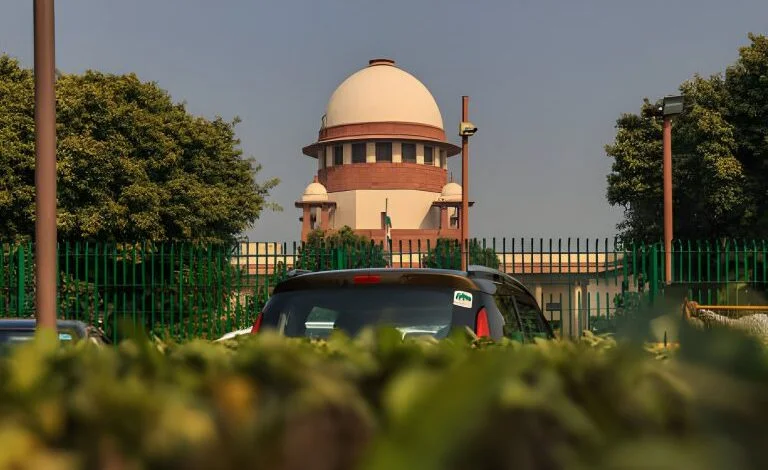


The Supreme Court dealt a blow to the Patanjali Yogpeeth Trust, upholding an appellate tribunal’s decision that the organization must pay service tax for levying an entry fee for its Yoga camps, whether residential or non-residential.
A bench comprising Justices Abhay S Oka and Ujjal Bhuyan declined to intervene in the Customs, Excise and Service Tax Appellate Tribunal’s (CESTAT) ruling of October 5, 2023, from the Allahabad bench.
In its dismissal of the Trust’s appeal, the bench stated, “The tribunal has rightly held that Yoga in camps for a fee is a service. We do not find any reason to interfere with the impugned order. The appeal is dismissed.” CESTAT had determined that Yoga camps organized by Patanjali Yogpeeth Trust, which charges fees for participation, fall under the category of “health and fitness service” and are subject to service tax.
CESTAT observed that the Trust, led by Yoga guru Ramdev and Acharya Balkrishna, provided Yoga training at various residential and non-residential camps, collecting fees from participants in the form of donations.
“Though this amount was collected as a donation, it was fees for providing the said services and hence covered under the definition of consideration,” CESTAT noted. The Customs and Central Excise Commissioner, Meerut range, demanded service tax of approximately Rs 4.5 crore for the period October 2006 to March 2011, along with penalty and interest.
The Trust argued in its defense that it provided services aimed at curing ailments, which it contended were not taxable under “health and fitness service.”
However, the appellate tribunal found that the Trust’s activities fell under the taxable category of services provided by health clubs and fitness centers. It noted that instructions on Yoga and Meditation at these camps were imparted to the entire gathering, not to individuals, and that no prescriptions were issued for individual diagnosis or treatment.
The tribunal also observed that the Trust collected entry fees under the guise of donations, issuing tickets of various denominations that granted different privileges depending on the ticket’s value. In return, attendees were granted entry to the camp for instructions by Swami Baba Ramdev on Yoga and Meditation.